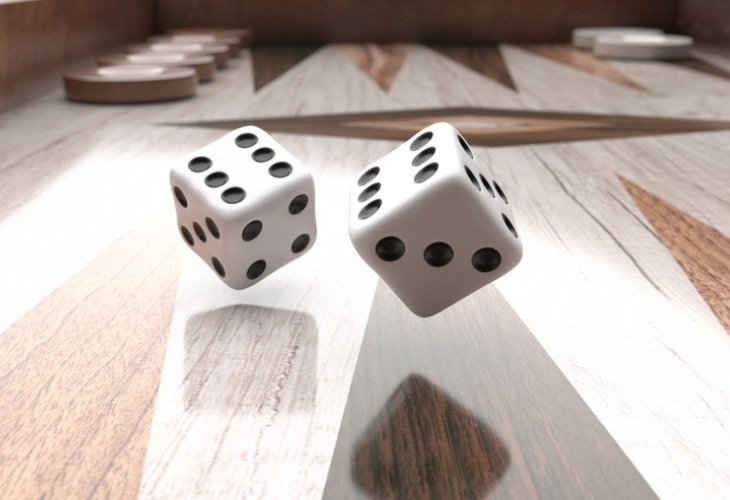Life as a Game: Are You Playing Chess, Backgammon, or the Lottery?
People who approach life like a game of backgammon accept that not everything is in their control. This mindset allows them to relax and stay calm, even when things don't go as planned. So, how does this relate to attention disorders?
 (Credit: shutterstock)
(Credit: shutterstock)Take a moment to think about yourself. How do you manage your life - like a game of chess, backgammon, or the lottery? In chess, almost everything is in your hands. Play well, and you win. The lottery is different; the outcome is purely random, with little influence from your actions. Backgammon offers a mix; the roll of the dice is random, but you strategize to win with the numbers you get. What is your approach? How can improving your mindset affect your life?<\/p>
People who view life as a game of chess tend to take more responsibility. They believe their lives depend on their decisions' quality, and they might get upset when things don't go right, whether due to their weaknesses or external factors. They're often meticulous and planned, sticking to what they need<\/strong> to do, even without the desire<\/strong> to do it. If they fail to meet these standards, they can become self-critical, discouraged, or gravitate towards a lottery mindset.<\/p> Conversely, those who see life as a lottery tend to downplay personal responsibility, feeling life is dictated by others, luck, or circumstances beyond their control. When things go wrong, they have plenty of excuses, blaming external forces. This mindset often leads to spontaneity and freedom, focusing on what they want<\/strong> to do rather than what they need<\/strong> to do. However, this approach can clash with reality, prompting a shift towards a chess-like mindset.<\/p> ***<\/p> Attention Deficit Hyperactivity Disorder (ADHD<\/span>) exemplifies human tendency extremes, helping even those without the disorder. People with ADHD often shift between chess and lottery approaches; their lives cycle from a "lottery" phase, hitting reality, to a structured "chess" phase, and back. This cycle involves realizing that life can’t be left to chance, prompting responsibility, planning, and action. They understand the need to act even without inner motivation. Enthusiasm wanes, leading to burnout from responsibility, longing for freedom and spontaneity, eventually returning to a lottery approach, repeating the cycle.<\/p> The concept of "internal" (chess mindset) and "external" control (lottery mindset) was developed in the 1950s by psychologist Julian Rotter. Initially, experts favored the chess mindset for its push towards action. However, recent studies suggest each mindset has its pros and cons, leading to a backgammon approach, blending advantages from both.<\/p> Those with a backgammon approach accept not everything is within their control, allowing them to "let go" and stay calm when things deviate from plans. They recognize their choice and influence in shaping their lives within their circumstances. They balance letting go of uncontrollable elements with taking responsibility where possible, enabling smoother transitions between the two.<\/p> Josephus Flavius, known as Josephus, wrote about three main groups during the Second Temple era in Judea: Sadducees, Essenes, and Pharisees, differing in views on "free will." Sadducees believed in "complete choice" without divine interference, Essenes in total determinism (plans preordained by the Creator or nature). The Pharisees, our sages, taught recognizing life's complexity through "both-and" thinking: "all is foreseen" and "there is freedom of choice." Physical conditions are unchangeable (genetic makeup, family), but choices exist—using these conditions for good or bad directions. Absolute control is absent, but influence and responsibility remain.<\/p> Returning to those with ADHD, adopting a backgammon strategy involves recognizing an innate desire for life's conformity to their wishes versus adapting to reality. They understand their round trait prefers spontaneity and freedom, while their square trait (albeit smaller) pushes them to do what's necessary. They stop fearing their want<\/strong> or need<\/strong> and cease vacillating between extremes, finding a compatible middle path.<\/p> Haim Dayan is a clinical social worker and Ph.D. candidate, serving as Chair of the "Attention" Institute.<\/strong><\/em><\/p>

